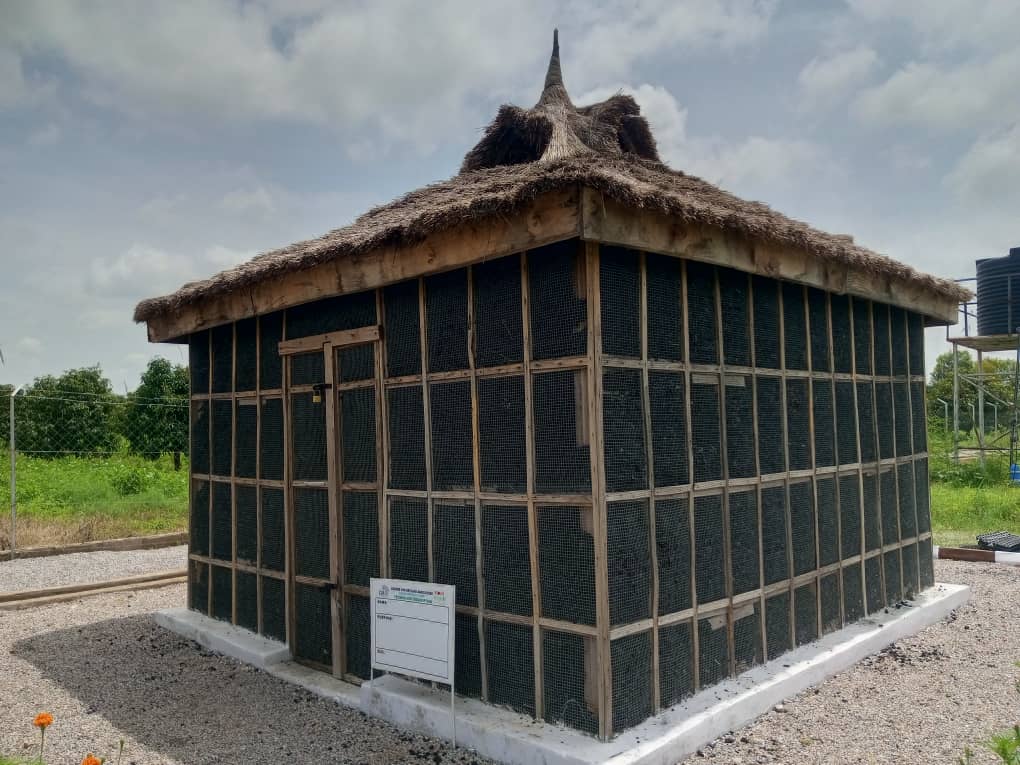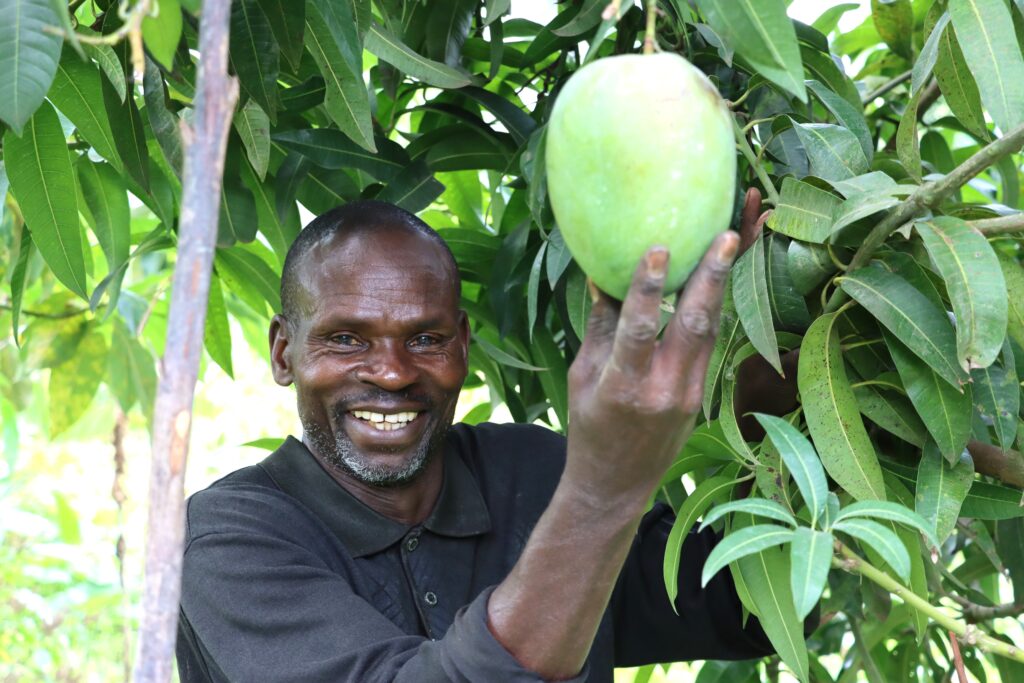
In Nigeria’s hot climate, freshly harvested vegetables can lose their freshness within hours, reducing quality for consumers and income for farmers. For many smallholders, the lack of affordable cold storage is a constant challenge, one that often leads to significant post-harvest losses.
The introduction of the Zero Energy Cooling Chamber (ZECC) to the HortiNigeria Learning Site at Sa’adatu Rimi University of Education in Kano, therefore, marks a breakthrough.
By harnessing the principle of evaporative cooling, the chamber extends the shelf life of vegetables by several days, without electricity thereby reducing post-harvest losses, preserving quality, and increasing market value.
First promoted in Ogun State in collaboration with Kaspharyn Solutions, a Business Champion under the program, this simple yet highly effective technology relies on locally available materials such as charcoal, bamboo, wood, and thatch to create a natural cooling environment.
By harnessing the principle of evaporative cooling, the chamber extends the shelf life of vegetables by several days without electricity, thereby reducing post-harvest losses, preserving quality, and increasing market value.
HortiNigeria identified this innovation during a visit to Kapharyn Solutions at Odeda, Ogun State. It was subsequently promoted among other program partners such as Soilless Farm Lab in Awowo, where it was adapted into an improved model with the addition of tiles and an asbestos ceiling to enhance cooling efficiency.
The innovation was later replicated at the program’s learning site in Kano following a group field visit to Kaspharyn Solutions, ensuring its dissemination to a wider audience, particularly smallholder farmers. At Sa’adatu Rimi University, agriculture students, youth groups, and sector stakeholders now have hands-on access to the chamber, learning not just how it works, but how to build and maintain one themselves.
The impact of ZECC technology goes beyond technical know-how. Young people see firsthand how low-cost, climate-smart technologies can solve real problems in their communities. Local farmers visiting the site leave with practical solutions they can replicate at home. And for traders, the promise of fresher produce means better sales and reduced waste.
By bridging regions and bringing innovations closer to those who need them most, the ZECC at Sa’adatu Rimi University is more than a storage solution; it’s a dynamic classroom, an inspiration for climate-smart agriculture, and a step toward a more sustainable and inclusive horticulture sector in Nigeria.
HortiNigeria (2021-2025) is funded by the Embassy of the Kingdom of the Netherlands in Nigeria and implemented by IFDC, together with KIT Institute and East-West Seed Knowledge Transfer Foundation (EWS-KT).






